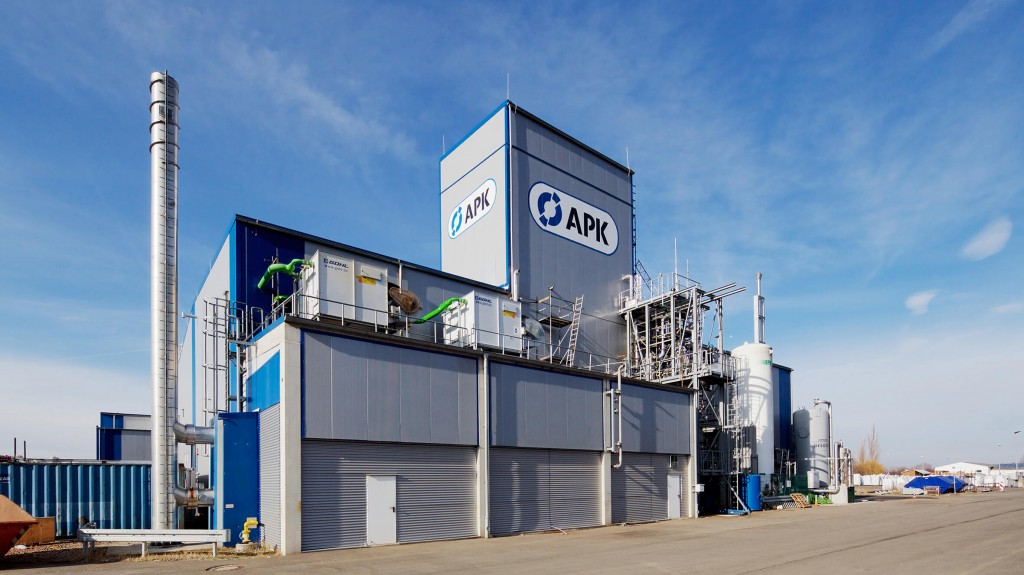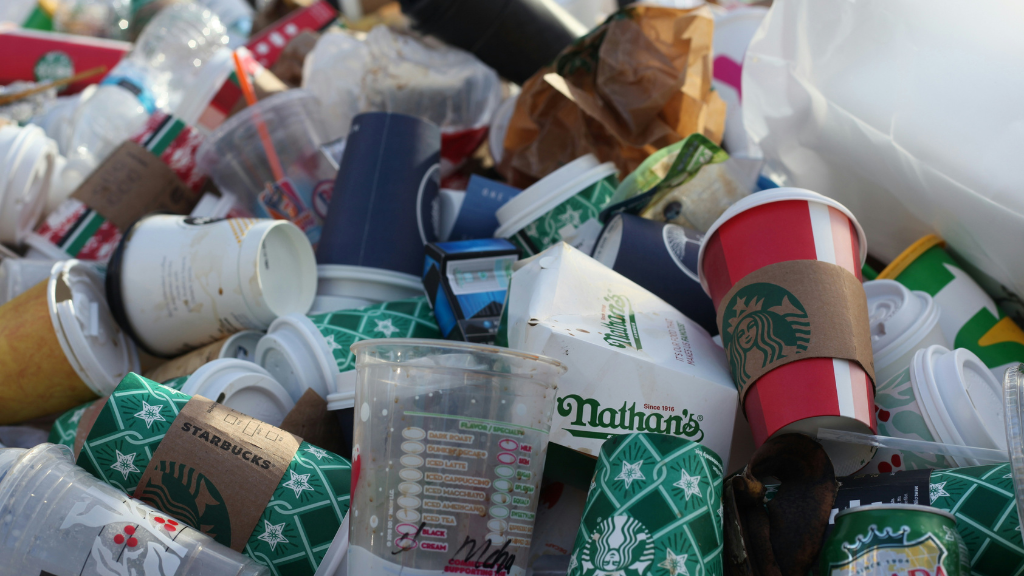
For its solvent-based plastic recycling process Newcycling, APK is relying on the ZSK extruder technology and technical process knowlege from Coperion.
Using the Newcycling process, multi-polymer and multi-layer plastic packaging that previously could not be recycled can now be separated and processed into homogeneous regrind using ZSK twin screw extruders.
In contrast to chemical recycling, the polymer in this process remains unchanged and does not require energy and cost-intensive re-polymerization. The solvent-based Newcycling treatment, as well as the devolatilization performance and gentle material handling in the ZSK extruder, results in a quality of recyclates that is close to that of virgin product.
This physical and solvent-based process enables clean and single-origin polyamide (PA) and polyethylene (PE) pellets with virgin-near material character to be extracted from complex PA/PE multi-layer films. These recyclates can be reused in high-quality products up to the original application. Downcycling can thus be reduced and closed-loop recycling becomes possible.
In Newcycling at APK's Merseburg location, PA/PE multi-layer film is first mechanically pre-treated, undergoing shredding and classification. Next, the PE layer is dissolved and liquefied in a solvent bath, leading to separation of the polymers and polymer layers. The undissolved PA is then separated from the dissolved PE using conventional solid-liquid separation technology and the polymers are further processed in separate material streams. The PA is then introduced into a Coperion ZSK twin screw extruder where it passes through various process sections and is processed into a PA melt using very high dispersion performance and intensive devolatilization. Finally, it is pelletized into PA recyclates.
Following pre-evaporation, the PE is introduced into a ZSK twin screw extruder together with the solvent. There, intensive devolatilization of the liquid takes place, precisely calibrated for this application to produce efficient results even when PE/solvent ratios fluctuate. The solvent is completely volatilized and added back into the Newcycling process in a closed loop. PE remains in the form of a homogeneous, high-quality melt that is then pelletized.
"In APK's innovative Newcycling process, we see a very important step along the path to a circular economy in the plastics industry. Thanks to the use of first-class technologies and comprehensive process expertise from APK and Coperion, very high-quality recyclates are being manufactured. At the same time, the process saves energy and resources because it replaces cost-intensive new plastic production. In this way, we are serving the environment and future generations," said Jochen Burger, process engineer at Coperion.


